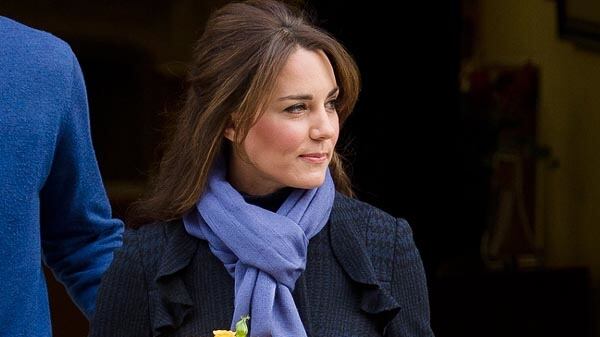Archive
Leon Neal, AFP / Getty Images
'Jointed Doll' Kate Middleton a Plastic Princess, Says Mantel
Kate Critic?
She called Kate Middleton 'plastic' and 'designed to breed,' but Tom Sykes says her lecture must be read in context. Read the full text here.

Trending Now





